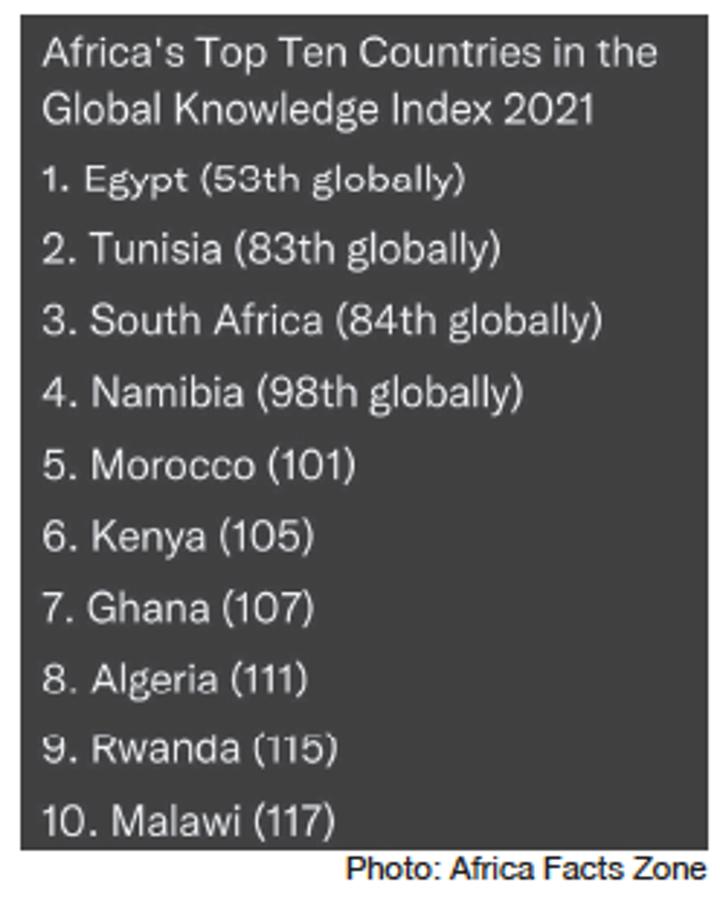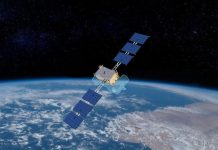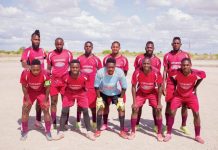Africa-Press – Namibia. NAMIBIA has been ranked 98 out of 154 countries on the Global Knowledge Index 2021 and also fifth out of 27 countries with medium human development.
Namibia is ranked fourth on the Global Knowledge Index (GKI) in Africa behind Egypt, Tunisia and South Africa, and beats Morocco, Kenya, Ghana, Algeria, Rwanda and Malawi in the top 10.
This ranking, published in the GKI performance summary, has been welcomed by several Namibians, including the deputy minister of information technology and communication Emma Theofelus, University of Namibia lecturer Ndumba Kwamanya and statistician general Alex Shimuafeni.
The key indicators used in the assessment were the country’s gross domestic product estimated at US$22,33 billion, a population of about 2,5 million and a human development index of 0,646. According to the country performance summary, Namibia is a modest performer in terms of its knowledge infrastructure.
“The areas of strength include firms constrained with an inadequately educated workforce, firms that spend on R&D (research and development), the female-to-male ratio in parliament, tax contribution rate and firms producing new goods and services,” said the summary.
Areas of improvement include high-tech trade, unemployment rate with vocational education, government spending on secondary education and labour utilisation rate. Theofelus yesterday welcomed the ranking, saying it was indicative of the work the government had done in promoting literacy in the country.
“It puts [us] in a unique position. The government implemented an adult literacy programme to get elderly people, who could not read or write because of apartheid and colonialism, to learn to do so.
“Currently, we have learners through universal education that have to go to school to read and write. We have a population of 2,5 million that is literate to a certain level although we have not reached our goal to be a knowledge-based society because we have a large portion of society that is not actively trying to read.”
The deputy minister said Namibians do not have a reading culture and this is why “we need to improve these numbers”. “Although they put us in good standing as a country, we still have more work to do,” Theofelus added.
Kamwanya said it looks like Namibia has been doing well in Africa. “To me, this is not a new story as we are already ranked an upper-middle income country that does not need international assistance.
“But these rankings are problematic because they do not measure what is happening on the ground. We have a lot of poverty and joblessness among the youth and we do not have universal education or universal healthcare.
“There are a lot of challenges which those rankings are not telling us and the world,” Kamwanya added.
Shimuafeni said looking at the summary, this is a good ranking but an ordinary man in the street would pick out the discrepancies, especially the big spend on education.
“Most of the money is most likely going to salaries than improving education standards and there are a very few people who are paid very high [salaries] and the majority that is poorly paid, increasing the per capita, but we want inclusiveness.”
Bradley Tjongarero, a research associate at the Institute for Public Policy Research (IPPR) said: “If one uses the latest Global Knowledge Index as a measure of the state of Namibia’s knowledge infrastructure, it is evident that more needs to done to improve Namibia’s research, development and innovation (RDI) capacity as well as its information and communications technology (ICT) infrastructure and access.
“This is in line with some of the recent recommendations by the fourth Industrial Revolution (4IR) Task Force – of highlighting the need for the state of Namibia’s ICT readiness to be addressed in order to enable the provision of hard and soft infrastructure.”
For More News And Analysis About Namibia Follow Africa-Press






